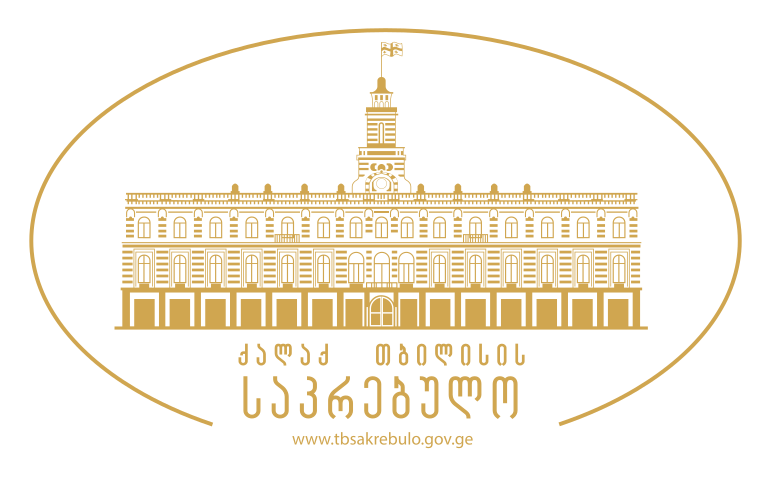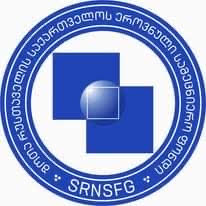047 - Mutual Learning among Civilizations through Comparative Literature
Organized by: University of Electronic Science and Technology of China, Prof. ZOU Tao
English
OPEN
Civilizations are interdependent, and each with its unique characteristics, but only those highly open-minded would achieve sustainable progress in an all-embracing way. With the help of others and from dialogues with the world, they could better examine themselves and then obtain new momentum for further development.
The ongoing globalization has united different countries and regions more inextricably than ever before. Meanwhile, the Covid-19 pandemic has wrecked havoc, which makes us realize that no single nation is able to stand aloof away from the shared destiny of humankind, and that cooperation will be the most effective method to overcome present problems. Unfortunately, beliefs about clashes of civilizations, cultural superiority and ultranationalism keep shadowing the sunshine of trust and cooperation, due to scarcity of dialogues and lack of mutual understanding among heterogeneous civilizations.
Therefore, the major task of comparative literature at present is facilitating the mutual understanding, mutual respect, and mutual learning among people from different cultural backgrounds and making great efforts to a human community with a shared future. With its rich and vivid details and sophisticated sensibilities, literature presents both distinct characters of cultures and civilizations and common features of humanity, and it will be a significant approach to knowing each other.
We hope that comparatists worldwide will make joint efforts to solve global crises through literary exchanges and mutual learning among civilizations and eventually bring common prosperity to all civilizations.
Keywords: mutual learning; dialogues; literary exchanges
The Project was supported by Shota Rustaveli National Science Foundation of Georgia (SRNSFG) [grant number MG-ISE-22-170]

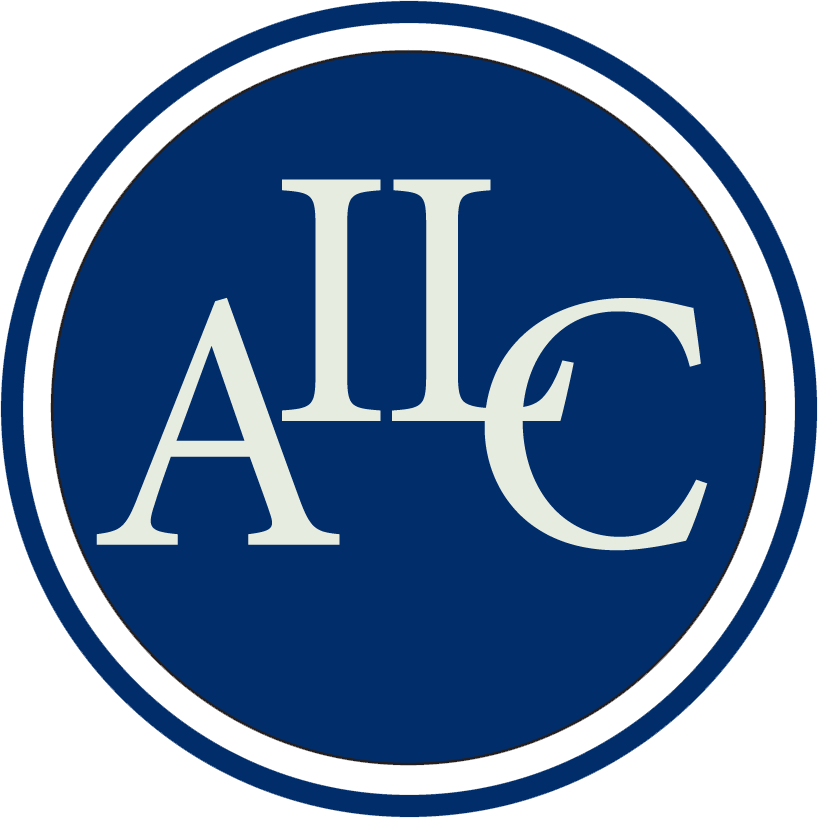
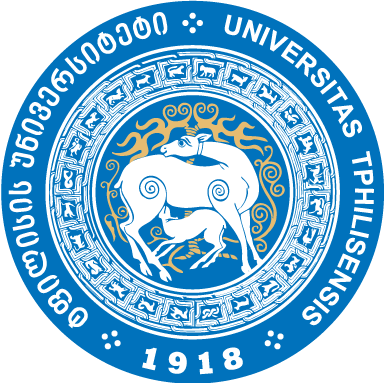
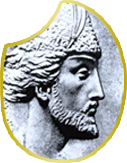
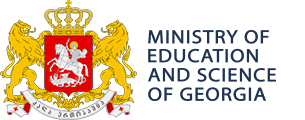
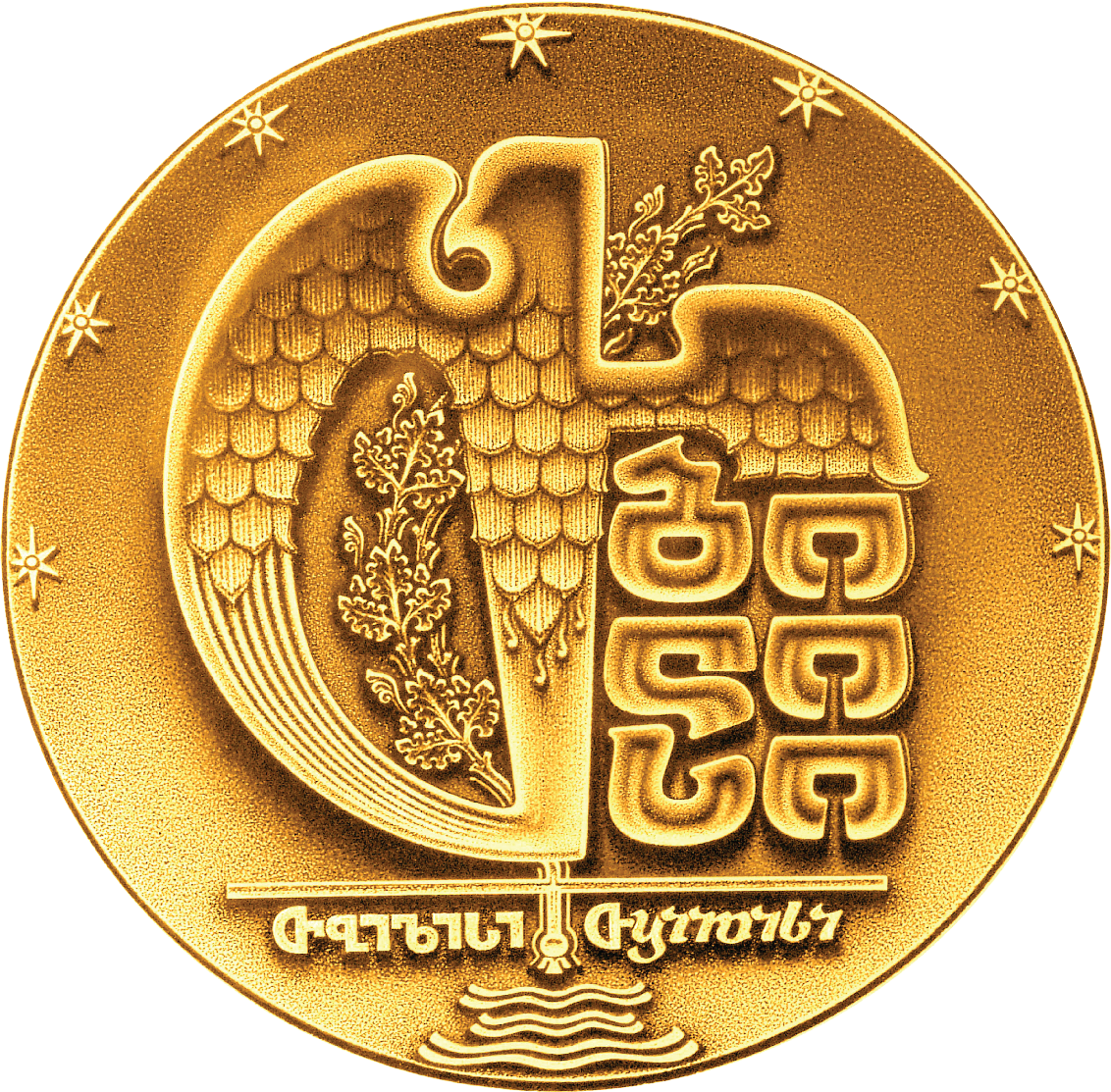

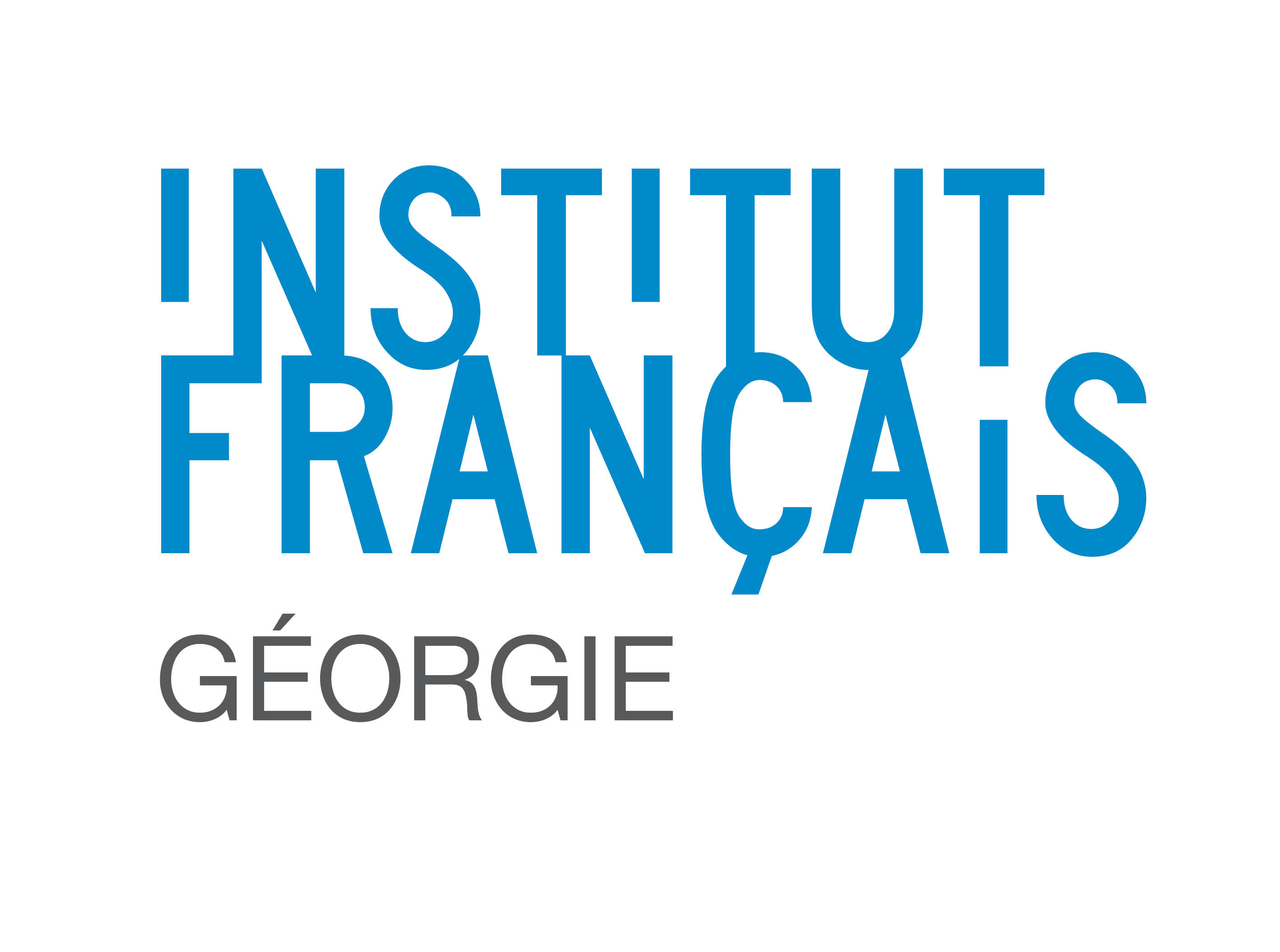


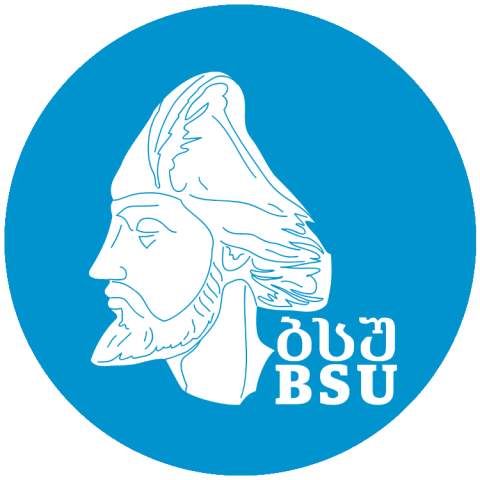

_001.png)

